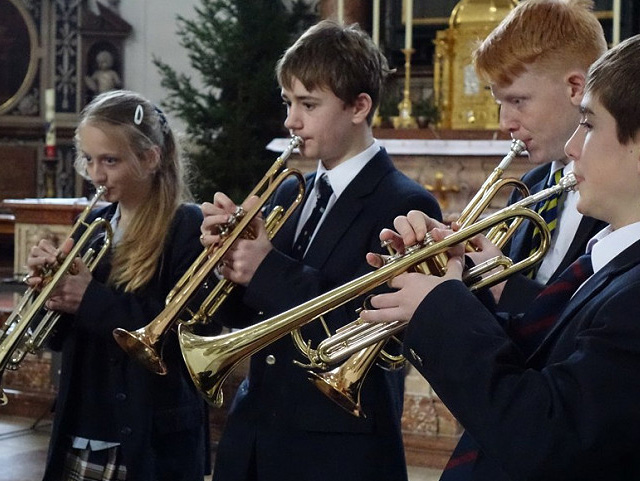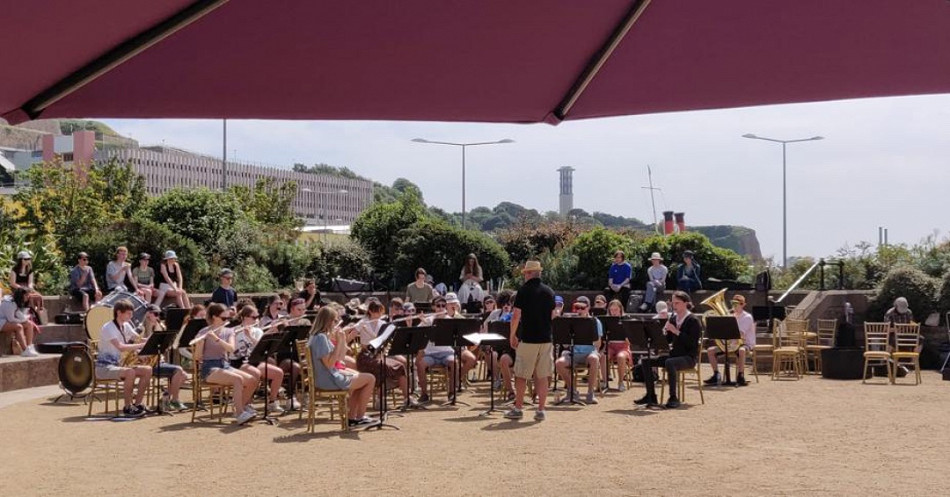Freephone: 0800 496 4996
-
- About us
- Club Europe and Keys of Change
- Meet the team
- Top tips for first time tourers
- Who tours with us?
- Club Europe supports young ensembles - Proud to Perform
- Frequently Asked Questions
- What makes us different?
- Club Europe's Experience
- My Club Europe
- Safety and Support
- Support from a family-run company
- School Travel Forum
- Safety Management and Risk Assessments
- Travel Advice and Insurance
- Freephone: 0800 496 4996
- Request a quote











